In late December 2021, a wildfire ripped through Marshall, Colorado, an area located in Boulder County between Boulder and Denver. The fire was particularly ferocious – it damaged more than six thousand acres of land, destroyed more than a thousand homes, and killed at least one person.
While winter wildfires are uncommon, climate change and other factors may make them more common. Therefore, it is important to learn from this event so our communities are better prepared for them in the future.
As with many parts of Colorado, Boulder County contains a high number of homeowners associations (“HOAs”) and common interest communities (“CICs”). One of the best ways for HOAs and CICs to protect themselves from damage caused by wildfires, wind and hailstorms, and other natural disasters is by purchasing and maintaining proper insurance coverage.
The Colorado Common Interest Ownership Act (“CCIOA”), a state law that addresses many key aspects regarding the operation of HOAs and CICs, including insurance coverage. HOAs and CICs subject to CCIOA are required to purchase a master insurance policy (a “master policy”) that covers property within the community. Those insurance obligations vary depending on the type of HOA or CIC, but generally they require the HOA or CIC to purchase a property insurance policy that provides replacement cost coverage for the parts of the community maintained by the HOA or CIC. In plain English, CCIOA requires HOAs and CICs to have enough insurance to repair or replace anything its obligated to fix after a loss.
Older HOAs or CICs may not be subject to CCIOA. Those communities are required to purchase insurance as specified in their governing documents – typically the declaration of covenants, conditions, and restrictions for the community. That may include a property insurance policy for the community.
Finally, owners within HOAs and CICs typically also have their own insurance policies – often called HO-6 policies – for their personal property and any parts of their homes not covered by the master insurance policy. The HO-6 policies typically also cover the assessment of the master insurance policy’s deductible to the units within the HOAs or CICs.
If an HOA or CIC has a master policy in place, then it can and should file a claim with its insurance company in the event of a loss. While we hope that insurance carriers will fairly adjust and pay claims, that does not always occur. If a HOA or CIC believes it is not being treated fairly by its insurance company – by undervaluing or denying the claim – then it should consult with an attorney about its options for resolving the dispute.
Finally, HOAs and CICs that have been completely destroyed by a wildfire or other natural disaster may have additional concerns about whether to rebuild. Their governing documents and/or CCIOA address the HOA or CIC’s options for rebuilding the property in the event of a total loss, or winding up the affairs of the community and distributing the insurance proceeds to the members.
Associations can help to alleviate some of the stress and trauma that its members are experiencing by being upfront and transparent about the process and expectations.
The lawyers at Smith Jadin Johnson, PLLC have substantial experience in assisting HOAs and CICs with insurance claims, and we stand ready to help any HOA or CIC affected by the Marshall wildfire. If you or your association have any questions about how best to respond to the Marshall fire or other covered losses, please contact our office today.
STAY UPDATED
Enter your email below to be included on our newsletter!
